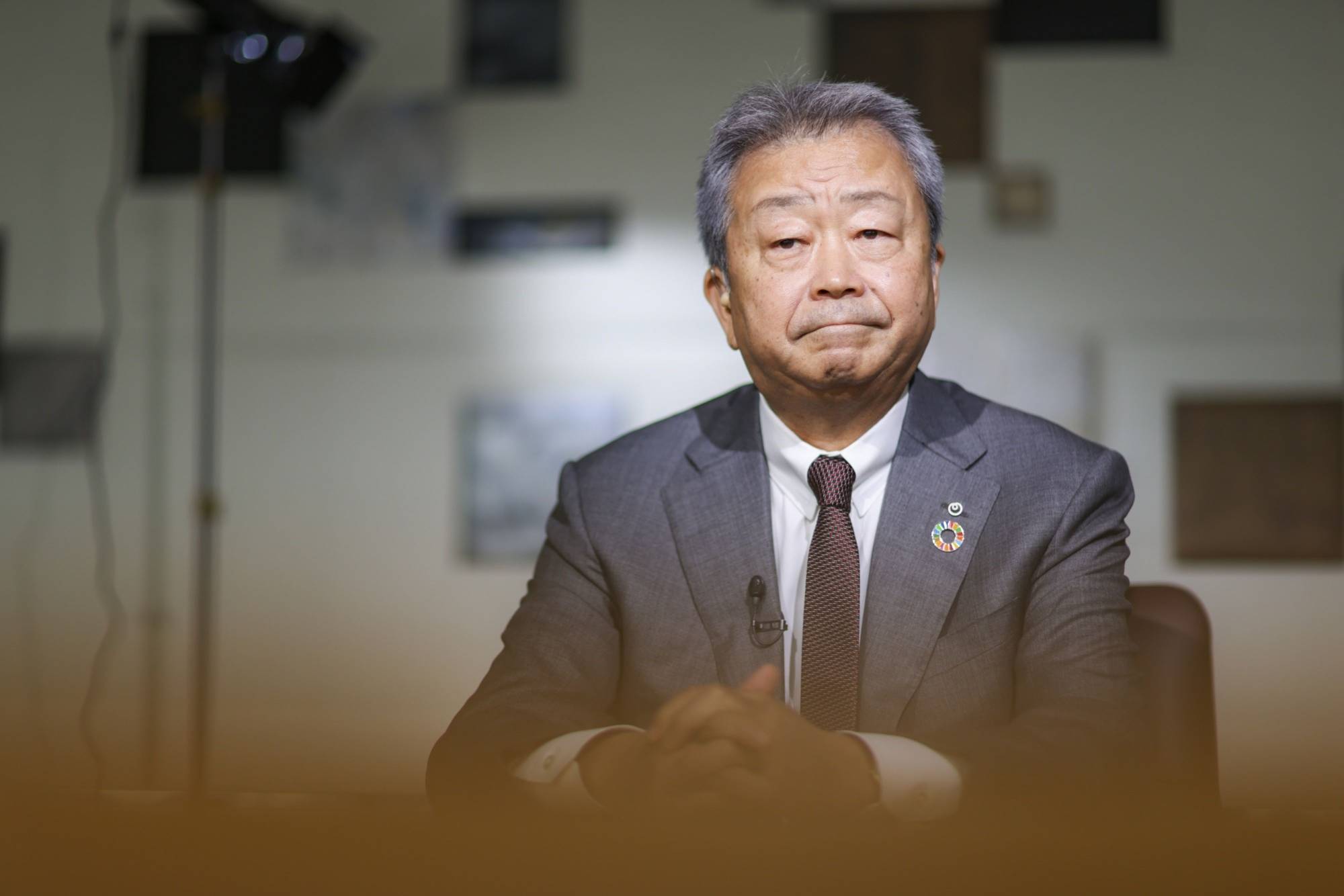When Japan invented the world’s first camera-equipped mobile phone two decades ago, it signaled an early but crucial step in the transformation of the phone into a sophisticated high-speed wireless information terminal.
Two decades later, as the world develops 5G networks that are tens of thousands of times faster, the nation that pioneered many of these technologies has been almost entirely absent. Having lost the lead in consumer-facing handsets after missing the shift to smartphones, Japanese brands have also fallen behind Nokia Oyj, Ericsson AB and above all Huawei Technologies Co. in the buildout of 5G infrastructure.
Those three manufacturers control almost 80% of 5G base-station market share, according to research company TrendForce. But Japanese firms have been handed an unexpected lifeline by the United States-led crackdown on Huawei, the Chinese company that was at the forefront of the technology’s rollout. With U.S. partners seeking out suppliers from friendlier nations, vendors in close U.S. ally Japan suddenly seem a lot more attractive to carriers around the world racing to upgrade their networks.



















With your current subscription plan you can comment on stories. However, before writing your first comment, please create a display name in the Profile section of your subscriber account page.